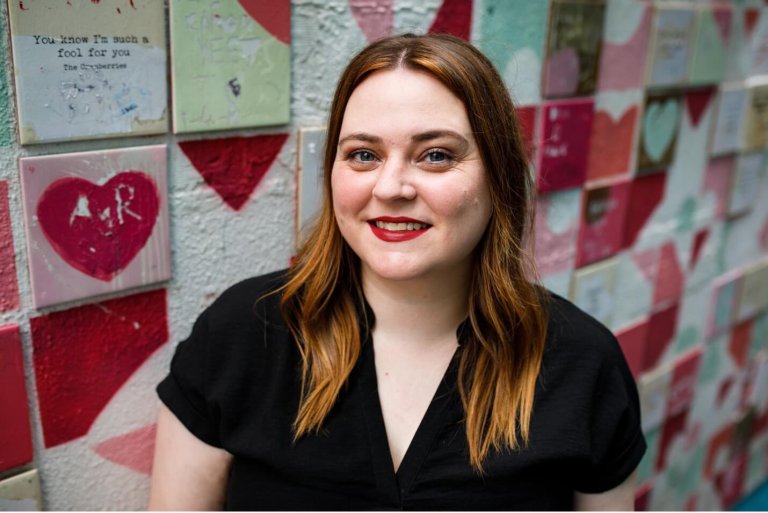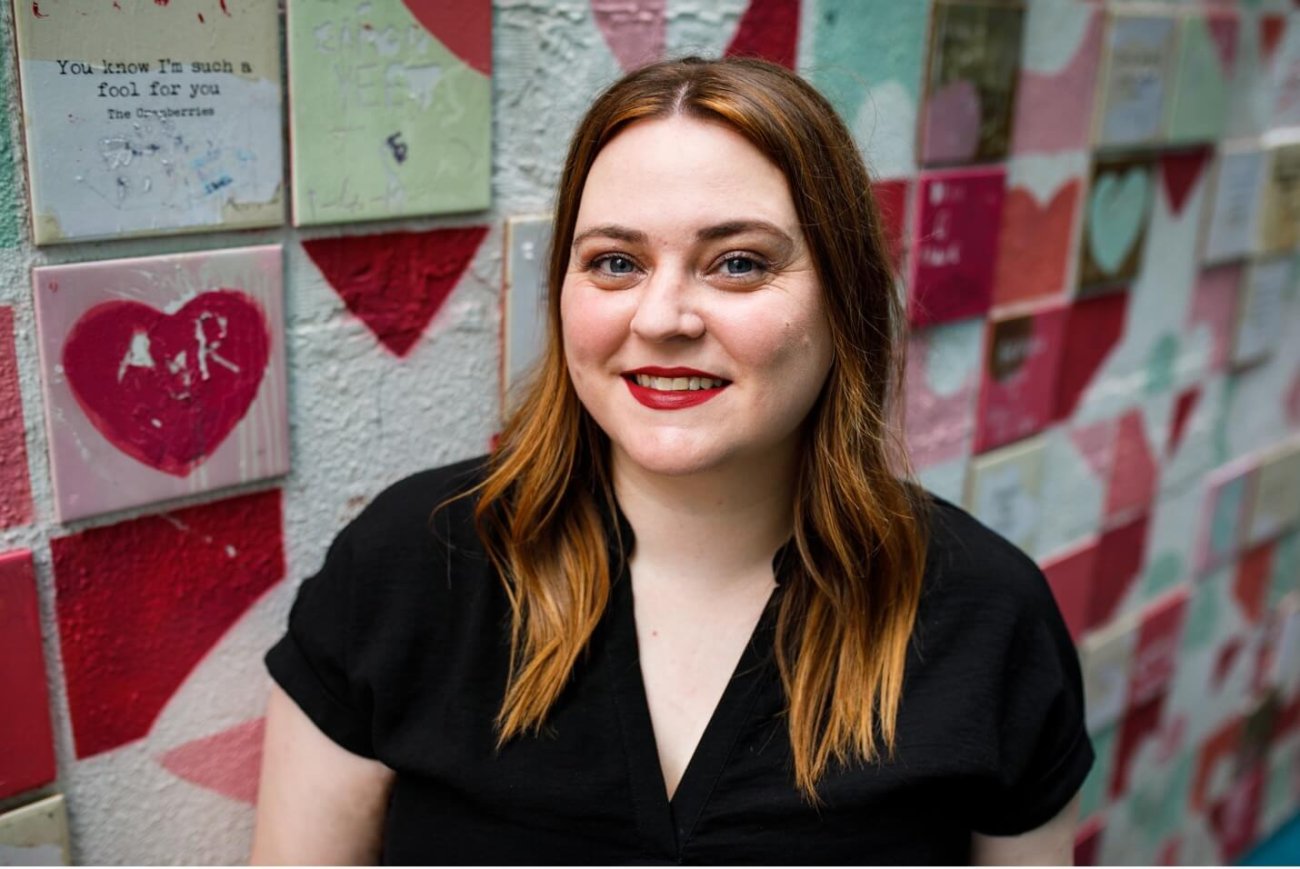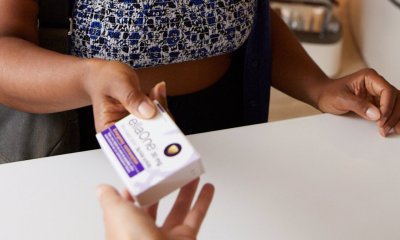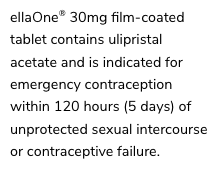Q&A with Dr. Caroline West
Dr. Caroline West is a consent educator, the host of the Glow West podcast, the sex and relationship expert for Bumble Ireland and a relationship advice columnist for the Irish Independent. She holds a PhD and MA in Sexuality Studies from Dublin City University.
In her latest role, she will be writing a monthly blog for ellaOne.ie in which she shares her wisdom on sex, contraception and consent culture in Ireland.
Before our blog series kicks off next month, we met with Caroline to get to know her and understand why she is so passionate about creating spaces for calm, informed conversations about sex.
Do you think attitudes towards sex and sexuality are changing in Ireland?
I think there has been such an enormous positive shift in how we view sex and sexuality. We have a much better understanding of different sexualities, genders, sexual pleasure, consent, and sexual violence. This is great to see as it means that people are feeling more empowered around their relationships, identities, and finding the type of relationship that works for them. It also means that victims can find more support and begin their healing journey, rather than suffering alone.
Do you think there is a stigma around emergency contraception?
There has been a stigma towards most forms of contraception, mainly because of cultural and religious norms and the fact that contraception was illegal for much of the last century. When people do not have holistic and fact based information on contraception, including emergency contraception, myths can spring up in place of knowledge. This stigma can be broken down through education and empowering people to make the right choice for them and their circumstances.
Where do the myths around the morning after pill come from?
Sex, contraception, and abortion were difficult topics in Irish society, which resulted in people having to find their own education, sometimes from friends, or unregulated websites which may have provided misinformation. People may only learn about the morning after pill when they need it, which may be a time of panic and crisis, which is not the best time to calmly learn new information.
What was your sex education like?
Essentially non-existent! I had no clue about what I was doing, what a healthy relationship was, or what mutual pleasure was. I didn’t know about different forms of contraception or sexual health issues. This is part of the reason I became a sex educator- I want everyone to be able to make the right choices for them, and have the kind of sex they want, on their own terms and to be free from sexual violence.
What kind of issues can a lack of proper sex ed lead to?
When sex education focuses on married, heterosexual sex for procreation, it leaves out so much and does not help people engage with the emotional side of sex, or feel that their sexuality is wrong if they are LGBTQIA+ (which if course is not true). People might also not be able to understand the different forms of domestic abuse and sexual violence, which leaves them vulnerable. It has also been shown through international research that when sex education is absent, there are higher rates of unplanned pregnancies, STI transmission, and earlier sexual activity. We also need to teach people about the ‘why’ of sex, rather than just the ‘how’, so they understand what they are saying yes to, and understand what sex means to them.
What are your recommendations for practising safe sex?
Sexual health checkups are an essential part of being sexually active, and are just the same as mental and physical health checkups. There are different size condoms so it’s important to try different ones to find a comfortable fit, and it is the same for contraception- one type does not work for everyone so exploring what options are best is a good idea. No method of contraception is 100% failproof, but condoms will prevent many STIs. There are tons of modern and inclusive guides to sex now, from podcasts to books so embracing ongoing education about sex will mean feeling confident in making the right decisions for each person.
How do you recommend staying safe during other forms of sex, like sexting?
Digital intimacy is a common feature of many people’s lives, and sharing nudes is something that many people enjoy. If you are going to share nudes, watermark the image with the name of the person you are sending it to so that if it is leaked, you will know who leaked it. Take photos without your face or distinguishing marks in them. If someone shares your nudes without your consent, this is illegal now in Ireland and known as image based sexual abuse. You can report this at hotline.ie.
Tell us about the workshops that you run?
I have run workshops with third level students all over Ireland and the UK, as well as queer focused workshops for various Pride events. I have facilitated workshops on topics such as sexual wellness, sex toys, masturbation, menstruation, violence against women, and more. My workshops are sex positive, fun, and offer fact-based information that is inclusive of all genders and sexualities. Participants have stated that they enjoy having a calm space to discuss these topics in, as it can be so rare.
How would you recommend going about asking for consent if you’re not sure?
People can give verbal or nonverbal consent, however nonverbal consent can be misinterpreted. If someone smiles, this can mean they are giving consent, or they are nervous, or don’t know what to say. It’s clearer for everyone to just ask and check in throughout to make sure that consent is ongoing. Asking people about what they would like to do also helps to make sure that both parties are having the kind of sex they want to have- which is why we have sex in the first place! Asking for consent can be so hot, and makes sure people have a good time- and then maybe they might want to do it again!







